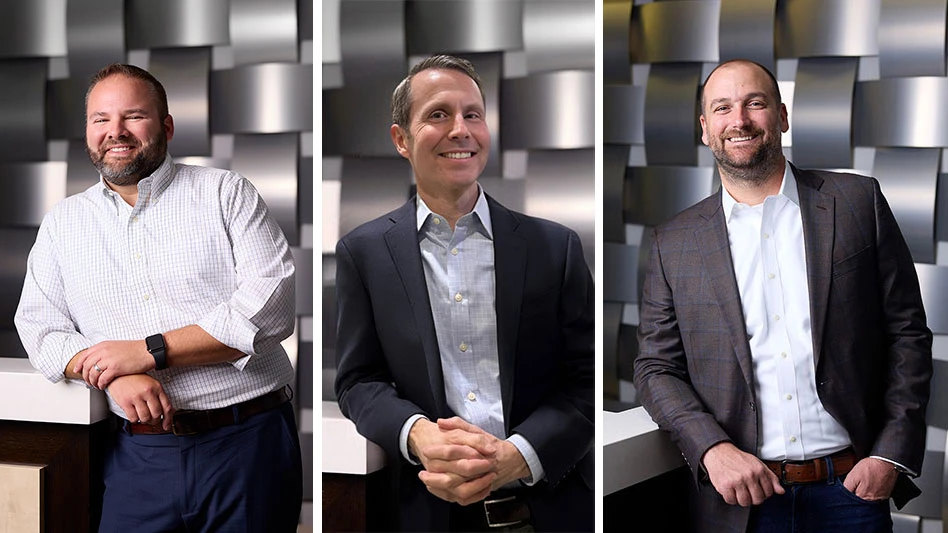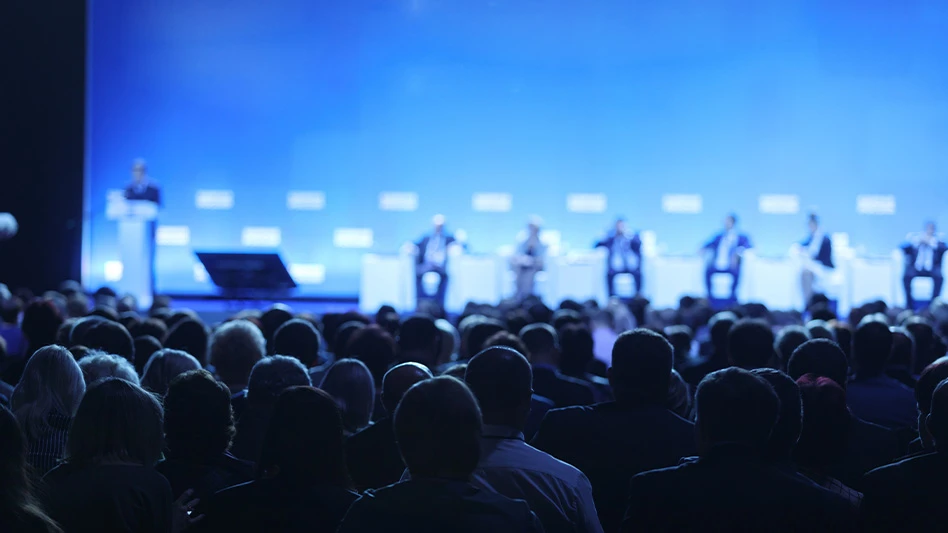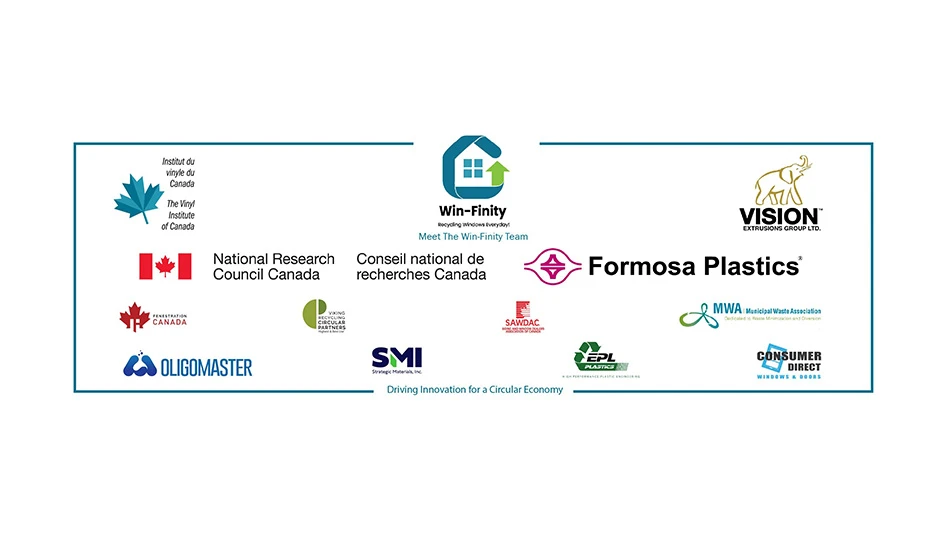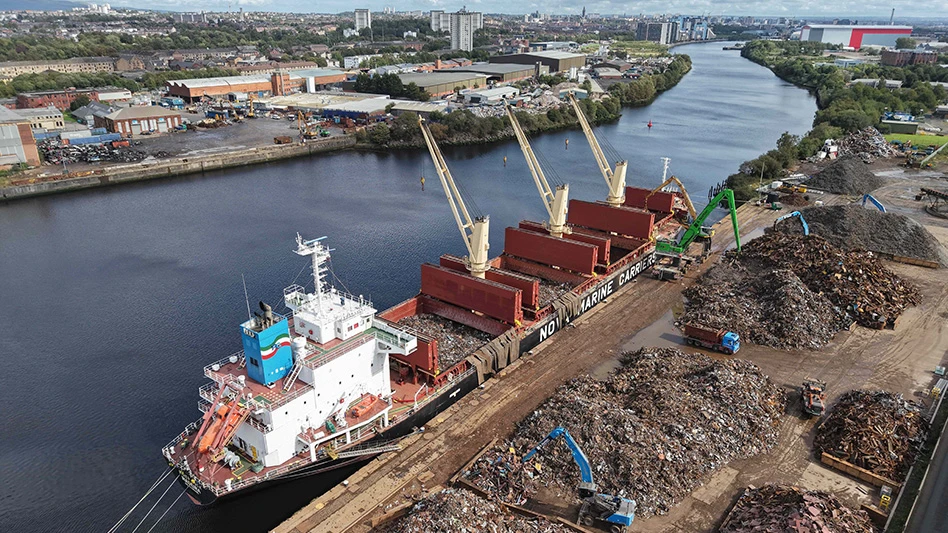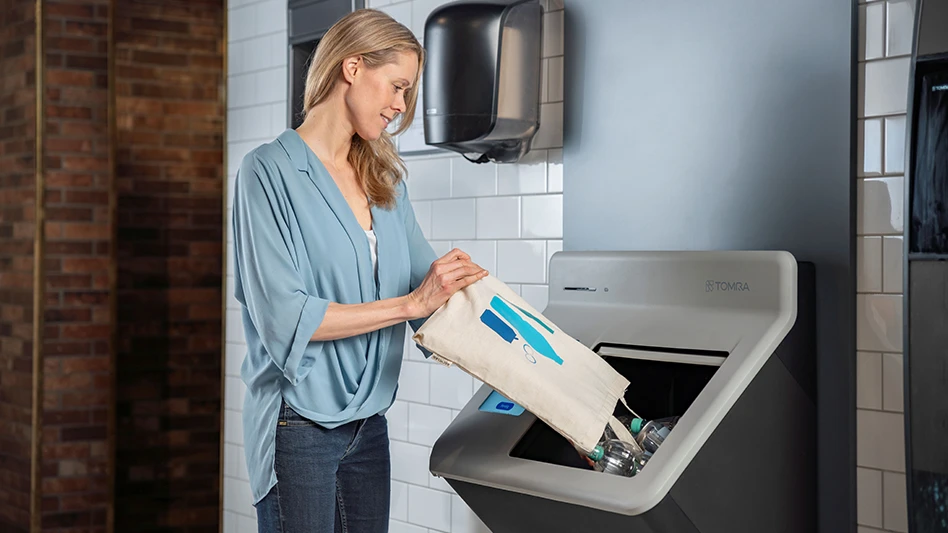
Canadian company RecycLiCo Battery Materials Inc. says its recycled precursor cathode active material has been used by a Korean cathode manufacturer to create battery cells that demonstrate the same level of performance as those made with commercial precursor material. Battery cell performance was validated using industry-standard metrics and benchmarked against multiple other recycled precursor and commercial precursor products, the company adds.
RecycLiCo says the Korean cathode manufacturer reported that the battery cell using RecycLiCo’s “recycled-upcycled” NMC811 (nickel manganese cobalt oxide) precursor outperformed other recycled cathode precursor materials and performed at the level of commercial NMC811 precursor material. RecycLiCo’s commercial battery-quality precursor was produced directly from battery production scrap and black mass samples using the firm’s RecycLiCo process.
RELATED: American Manganese starts up pilot plant
That process involves separation and leaching operations that yield a pregnant leach solution (PLS) that contains the cathode metals cobalt, lithium, nickel and manganese. Prepared PLS is “integrated” with a specialized cathode precursor precipitation reactor that uses modern cathode manufacturing technology to produce cathode precursor with specific chemical composition, purity, particle shape, particle size and uniformity, according to the company.
“These results not only validate our technological lead but also showcase the potential of our strategic business model that enables potential cathode and battery manufacturer partners to reintegrate recycled battery-ready materials while gaining economic and environmental benefits,” says Zarko Meseldzija, CEO and director of RecycLiCo Battery Materials Inc. “We are excited to explore potential partnership opportunities and further advance technical due diligence with the Korean manufacturer as we push the boundaries of sustainability and innovation in the battery materials industry.”
Sponsored Content
SENNEBOGEN 340G telehandler improves the view in Macon County, NC
An elevated cab is one of several features improving operational efficiency at the Macon County Solid Waste Management agency in North Carolina. When it comes to waste management, efficiency, safety and reliability are priorities driving decisions from day one, according to staff members of the Macon County Solid Waste Management Department in western North Carolina. The agency operates a recycling plant in a facility originally designed to bale incoming materials. More recently, the building has undergone significant transformations centered around one machine: a SENNEBOGEN telehandler (telescopic handler).
Get curated news on YOUR industry.
Enter your email to receive our newsletters.
Latest from Recycling Today
- COMEX copper comes down
- IWS acquires North Atlantic Waste & Recycling
- WM opens 2 new recycling facilities
- Poll indicates majority of Americans connect rising grocery costs with steel tariffs
- Atlantic Heavy Duty opens Wilder, Kentucky, regional service center
- True to its core
- McKinsey recommends additional aluminum sorting
- Sabert acquires fiber-based packaging producer Colpac



